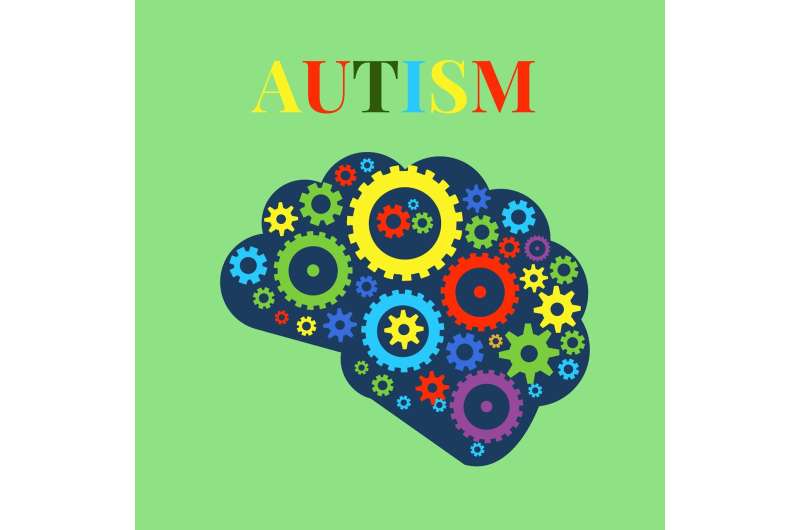Investigators develop new therapy for autism subtype

A team of Northwestern investigators led by Peter Penzes, Ph.D., the Ruth and Evelyn Dunbar Professor of Psychiatry and Behavioral Sciences and director of the Center for Autism and Neurodevelopment, has developed a new therapy that could treat Phelan-McDermid syndrome, a subtype of autism spectrum disorder (ASD), according to findings published in Molecular Psychiatry.
According to the Centers for Disease Control and Prevention, one in 44 children in the U.S. have been diagnosed with ASD and each patient presents diverse clinical and developmental symptoms, which may include delayed speech, motor skills and learning skills, epilepsy, poor eating and sleeping habits, and gastrointestinal issues.
Phelan-McDermid syndrome is known to be caused by a specific genetic mutation in SHANK3, a well-known ASD candidate gene. Due to the heterogeneity of ASD, the development of effective targeted therapies has been extremely challenging, leaving patients with treatment options that improve disease management.
Based on the urgent need for new therapies, Penzes' team developed a derivative of an insulin-like growth factor-binding protein, IGFBP2, which is found in structures of the brain affected in ASD and has been shown to improve neuroplasticity and cognitive functions.
In the current study, the investigators administered the IGFBP2-derived peptide, called JB2, to mice with SHANK3 mutations. Through advanced brain imaging, they found that the drug improved neuroplasticity, behavior impairments and cellular processes in the mices' brains.
These changes were directly correlated with improvements in the mices' learning and memory skills, motor function and communication through ultrasonic vocalizations, findings that could be translated to social behaviors in humans, according to Penzes.
"In patients with autism, speech doesn't develop at all, or it develops very late, or it's very simplified, so these ultrasonic vocalizations in mice are thought to somehow model that in mice," said Penzes, who is also professor of Neuroscience and of Pharmacology.
Using electroencephalography to measure the mice's brain activity, the team also discovered that JB2 normalized neuronal excitability, or how neurons respond to stimuli with an electric charge, and seizure susceptibility.
While the drug is still in early stages, Penzes said, theoretically, routinely administering the drug into patients' bloodstreams while they are young either through regular injections or in pill form would be ideal.
"Because this is a neurodevelopmental condition, the brain still changes after birth, even into adulthood. The earlier one could intervene, the better. So, it would be preferable to start it as a pediatric medication, but those are more difficult to get approval for," Penzes said.
Penzes noted that initial clinical trials would involve participants with Phelan-McDermid syndrome and if successful, could eventually expand to include patients with other types of ASD.
"The assumption is that similar changes are happening in the brains of patients with other types of autism and in Phelan-McDermid syndrome, but these patients would have a better response," Penzes said.
More information: Jeffrey S. Burgdorf et al, An IGFBP2-derived peptide promotes neuroplasticity and rescues deficits in a mouse model of Phelan-McDermid syndrome, Molecular Psychiatry (2022). DOI: 10.1038/s41380-022-01904-0

















